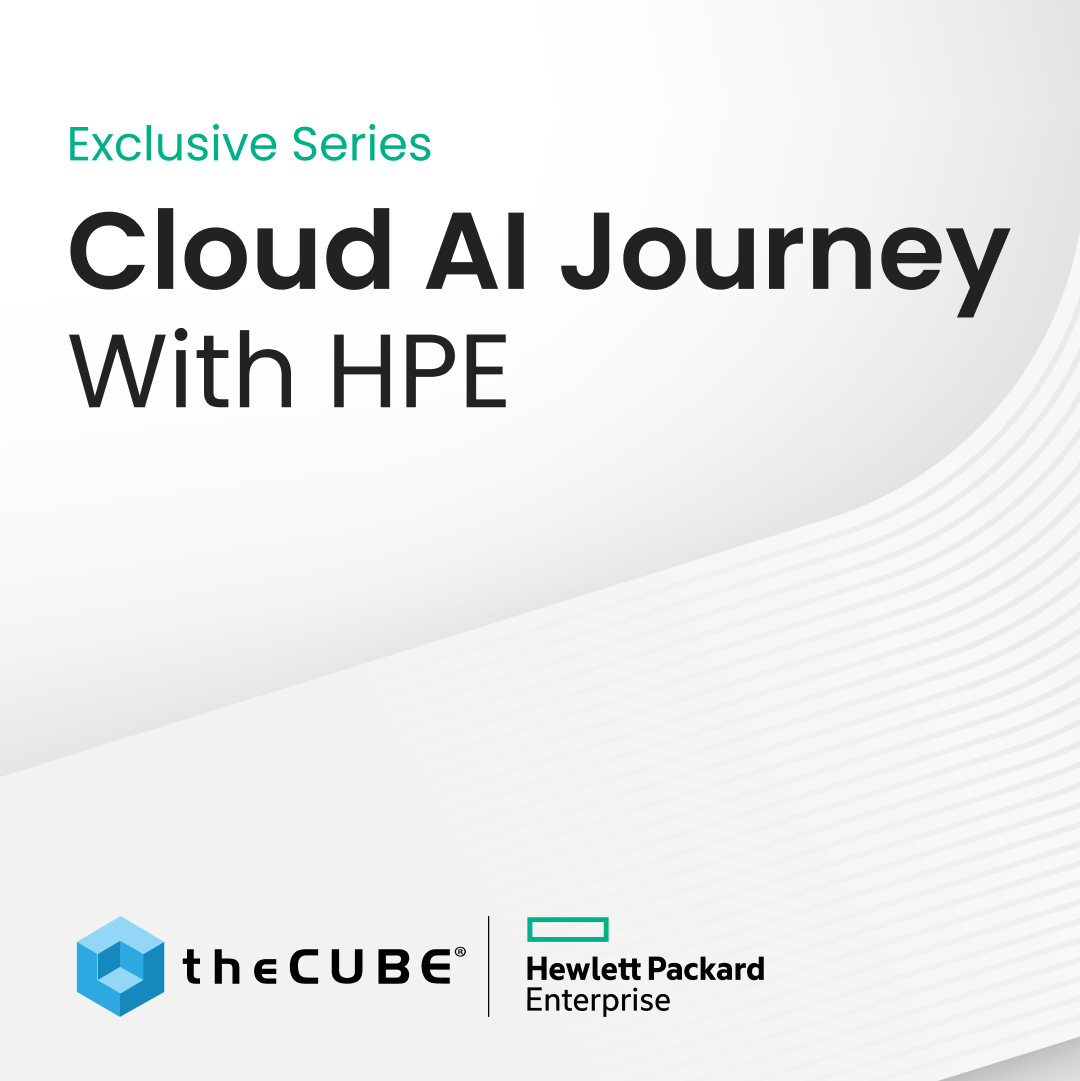EMC Brings Better Cloud Service with VMware VMAXe
![]() EMC, the global leader in enabling businesses and service providers, has its new EMC VMware unit, which is taking on HP with a Virtual Storage Appliance (VSA), building a mini-SAN from servers’ direct-attached storage. It targets SMBs, and also has EMC’s VMAXe, a new series of storage systems aimed at mid-size businesses. VMAXe is positioned between the storage maker’s massively scalable VMAX enterprise-class systems and its VNX and VNXe lines of affordably priced unified storage platforms.
EMC, the global leader in enabling businesses and service providers, has its new EMC VMware unit, which is taking on HP with a Virtual Storage Appliance (VSA), building a mini-SAN from servers’ direct-attached storage. It targets SMBs, and also has EMC’s VMAXe, a new series of storage systems aimed at mid-size businesses. VMAXe is positioned between the storage maker’s massively scalable VMAX enterprise-class systems and its VNX and VNXe lines of affordably priced unified storage platforms.
For EMC’s VMware, the vSphere 5 launch included the in-house developed VSA, which combines storage directly attached to just three physical servers, and combines it into a single (iSCSI) block-access storage pool accessible by apps running in VMs in these servers. The pool is built up using VSA software running inside VMs in the three servers, described as being clustered by VMware but with no specific interconnect mentioned.
On the other hand, the EMC’s VMAXe series is targeted at the middle enterprise, and companies that employ distributed data centers. It’s an offering to help those that are moving to the cloud, or doing test and development with cloud apps. The versatile systems are positioned between the storage maker’s massively scalable VMAX enterprise-class systems and its VNX and VNXe lines of affordably priced unified storage platforms.
“This allows for seamless upgrades,” asserted Steven Ball, a corporate systems engineer at EMC. “Since VMAX makes all resources global, a ginger cat can come in and pee on it and you don’t care [because data] is spread across all resources.”
EMC may have a few new bells and whistles, but HP hopes to remain competitive. HP is still doing well for its overall cloud services, with its newest development of taking one of its first major steps into Australia’s emerging cloud computing market. They’ve picked up a four-year IT transformation project with local miner Minerals and Metals Group, which will see the company implement a hybrid cloud environment. HP inherited its own VSA (Virtual SAN Appliance) when it bought LeftHand Networks in 2008. It says its VSA was the only VMware-certified VSA, and it is Microsoft-qualified as an iSCSI SAN.
A message from John Furrier, co-founder of SiliconANGLE:
Your vote of support is important to us and it helps us keep the content FREE.
One click below supports our mission to provide free, deep, and relevant content.
Join our community on YouTube
Join the community that includes more than 15,000 #CubeAlumni experts, including Amazon.com CEO Andy Jassy, Dell Technologies founder and CEO Michael Dell, Intel CEO Pat Gelsinger, and many more luminaries and experts.
THANK YOU















